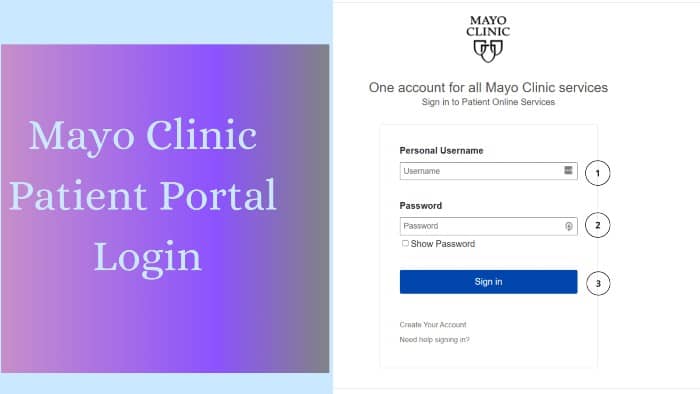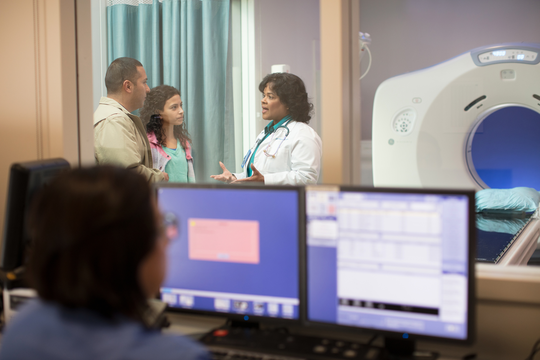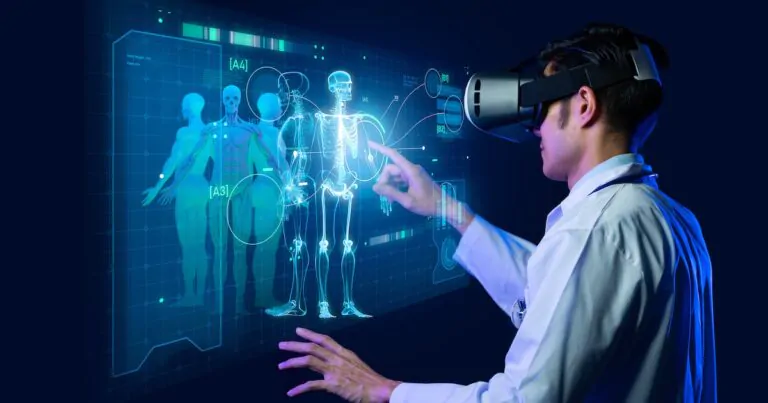Digital Transformation Revolutionizes Healthcare: Empowering Patients and Providers
By
–

Image Credit: Reza Estakhrian / Getty Images
The healthcare industry is undergoing a profound transformation, driven by the rapid advancement of technology. This digital revolution is reshaping the way healthcare is delivered, empowering patients and providers with unprecedented access to information and tools.
Empowering Patients
Digital transformation is putting patients at the center of their care. Through secure online portals, patients can now access their medical records, schedule appointments, and communicate with their care providers. This increased transparency and convenience has led to improved patient engagement and satisfaction.

Interfacewear’s online patient portal
- Mayo Clinic: Mayo Clinic’s patient portal, MyChart, allows patients to access their medical records, schedule appointments, and communicate with their care providers.

Mayo Clinic MyChart portal
- Cleveland Clinic: Cleveland Clinic’s patient portal, MyChart, allows patients to access their medical records, schedule appointments, and communicate with their care providers.

Cleveland Clinic MyChart portal
Empowering Providers
Digital transformation is also empowering healthcare providers. Electronic health records (EHRs) have replaced paper charts, providing clinicians with instant access to patient data, improving care coordination and reducing medical errors.

Elements of an Electronic Health Record (EHR) System (Image Credit: Appinventiv)
- Intermountain Healthcare: Intermountain Healthcare has implemented a comprehensive EHR system that has improved care coordination and reduced medical errors.

Intermountain Healthcare’s TeleHealth Operations Center (Image Credit: Intermountain Healthcare)
- Kaiser Permanente: Kaiser Permanente has implemented a comprehensive EHR system that has improved care coordination and reduced medical errors.

Image Credit: Kaiser Permanente Electronic Health Record (EHR) Journey
Examples of Digital Transformation in Healthcare
Here are some specific examples of how digital transformation is impacting healthcare:
- Telehealth: Telehealth is using telecommunications technology to provide healthcare services remotely. This is particularly beneficial for patients in rural areas or those with mobility challenges.

Image Credit: PeopleSense by Altius (Benefits of Virtual Consultations?)
- Wearable Devices: Wearable devices are being used to collect real-time patient data, which can be used to identify potential health problems early on and provide proactive care.

Image Credit: CleverDev Software (Key Trends in Wearable Medical Devices)
- Artificial Intelligence (AI): AI is being used to analyze medical data, identify patterns, and make predictions. This can help clinicians make more informed decisions and improve patient care.

Image Credit: Successive.Cloud (Artificial Intelligence in Healthcare)
The Future of Healthcare
Digital transformation is still in its early stages, but it is already having a profound impact on the healthcare industry. As technology continues to evolve, we can expect to see even more innovative ways to deliver healthcare.
Digital transformation has the potential to revolutionize healthcare, improving patient outcomes, reducing costs, and making healthcare more accessible and affordable.
Sign up for our News Letter to receive monthly broadcasts on the latest happenings in the software services industry!